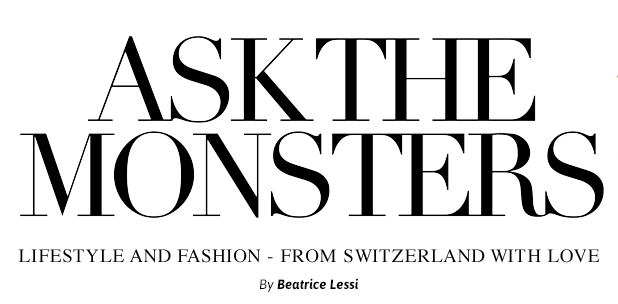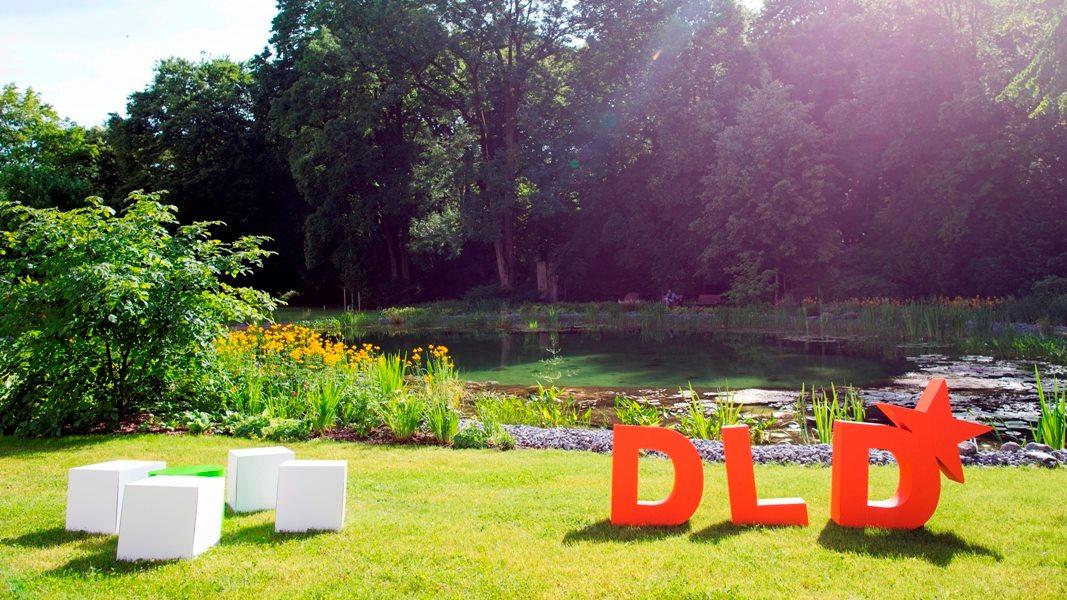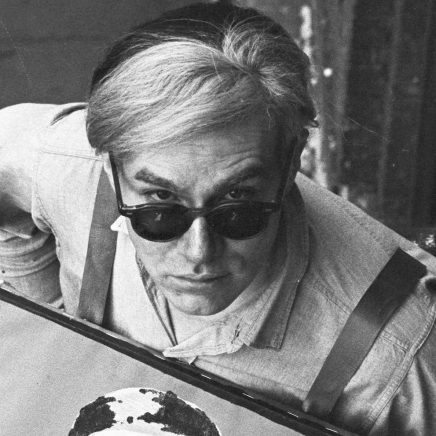DLD – Europe’s Hottest Conference Invitation
The most influencial tech conference in Europe according to the Financial Times, DLD brings together more than 150 speakers and about 1000 guests. Opinion-makers, industry leaders, start-ups and digital giants meet in Munich, Germany, to exchange ideas and also do business together (and dinner and party at night!)
How People See it
DLD means Digital Life Design. But what do people think about the conference, really, why is it so successfull? I asked some attendees during the food breaks – always a good moment to hear what they were really thinking during the speeches. I think everybody is here to meet people, and since the DLD is always just before the World Economic Forum in Davos, some people or speakers come here and fly there right after , said one guest. Yes, it’s a great way to meet many people in one go, said another, and indeed every time I started speaking with someone the conversation got interrupted by someone else approaching and greeting the other warmly. Do they all know each other, here? For sure, parallel to the daily activity, there is a night activity of dinners, socialising and a party organised by the conference I was told not to miss. People do go out, eat, drink and be merry.
The Stars
Every year some tech stars, opinion-leaders and various lecturers grace the DLD stage. Arianna Huffington is a regular and perhaps the most popular speaker of the conference. Some of the top people of giant players like Google, Instagram, Amazon, Youtube, Facebook, Netflix, Whatsapp etc. always draw a lot of people and attention to their speeches. Culture is also represented by journalists, researchers, professors, board members of Museums, Universities, etc. I confess I was fascinated by some of these people I would never meet in my regular life, and if I could interact with them offstage I was trying to understand how they live, how many kids they have, etc…to me these are the new stars.

Arianna Huffington spent time talking to journalists and attendees – she seemed to know half of the people!

Lapo Elkann: “I have never heard a no”. Lapo, Italian entrepeneur and grandson of Gianni Agnelli, joined DLD as a “creative visionary”. He is cooperating with Adidas Original.
Keywords
There were definitely some words we heard again and again, and seemed to be part of an ongoing discussion on stage (offstage the conversation was much more about what everybody had just done in their private businesses).
Data
Data regulation in Europe is an extremely important topic that affects the European Community as a political entity and as a competitor to the USA. How can Europe compete with the States, if the legislation is so overprotective and resistant to change? Can Europe finally speed up? What are the moral implications of data owning? How about privacy and security? Is the incredible amount of technology-generated data only a problem, or also an advantage?
Trust
This was the subject that got most questions from the audience going, and generated most emotions. How can we trust a company, a bank, an online platform? What are firms doing to create this trust? Should we all be scared, do we have absolutely no other option? We advocate a third industrial revolution that will create jobs, sharing, sustainability, and a reordering of human relationships, from hierarchical to lateral power. But without trust, all this is simply impossible. At the end, emotions are still the reason of our choices – if firms and institutions don’t get that, we won’t manage to improve a thing.
Disrupt
What a fashionable word, disrupt! Is this what we all should do? Disrupt, change, break, innovate, think out of the box! I don’t think I’ve heard one single speech without the word disrupt in it.
Kindness
Maybe the word kindness wasn’t really repeated openly, but so many speakers talked about being kind to the environment and to ourselves; sharing (car sharing was really a hot subject for example); being authentic (authenticity was the main subject of the new Instagram’s COO Marne Levine’s speech, who simply invited everybody to be themselves); sleeping more; being more tolerant towards ourselves. If there was a positive message, I think it was this one.
Europe
Why wasn’t Tesla founded in Europe, can’t the Germans, for example, make excellent cars? Yes, was the answer, but it would have never been funded. Nobody in Europe, it seems, has the culture to believe in a person’s dream – at least not for investing in Germany in such a big way. Can Europe achieve more unity, speed and agility? If we don’t create such a basis and ecosystem for working, there is no way to fight unemployment and compete with the rest of the world.
What I Bring Home
I enjoyed the conference and felt that many important points were being raised. But often the speeches were relatively superficial and mentioned tons of important issues without going deep anywhere. Some speakers also did more marketing for their firms than anything else, but luckily they were a minority. Jeremy Rifkin said so many important things about the future of our planet that made my head spin: at one point I couldn’t follow anymore. I will read his book The Zero Marginal Cost Society now because I felt hungry for more (but at my own pace). Last but not least, Arianna Huffington asked the audience: do you also start to panic when the battery of your mobile phone is at 20%, fearing you are going to lose it all very soon? Then why don’t you feel the same when you are overtired, sleep-deprived, and totally stressed out?
She really made me think, and indeed I felt she was the most “present” person in the whole conference: relaxed, concentrated, constantly giving feedback to people she was talking to with small body gestures. The way to change the world starts with small changes with ourselves, and sleeping more isn’t irrelevant. If everybody slept more, we would save money for drugs, healthcare, we would have less accidents and better decisions. More sleep means starting a revolution. I guess it’s time to really do it.















